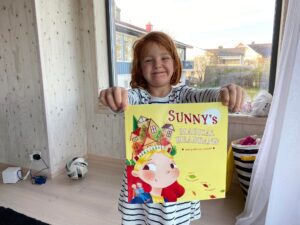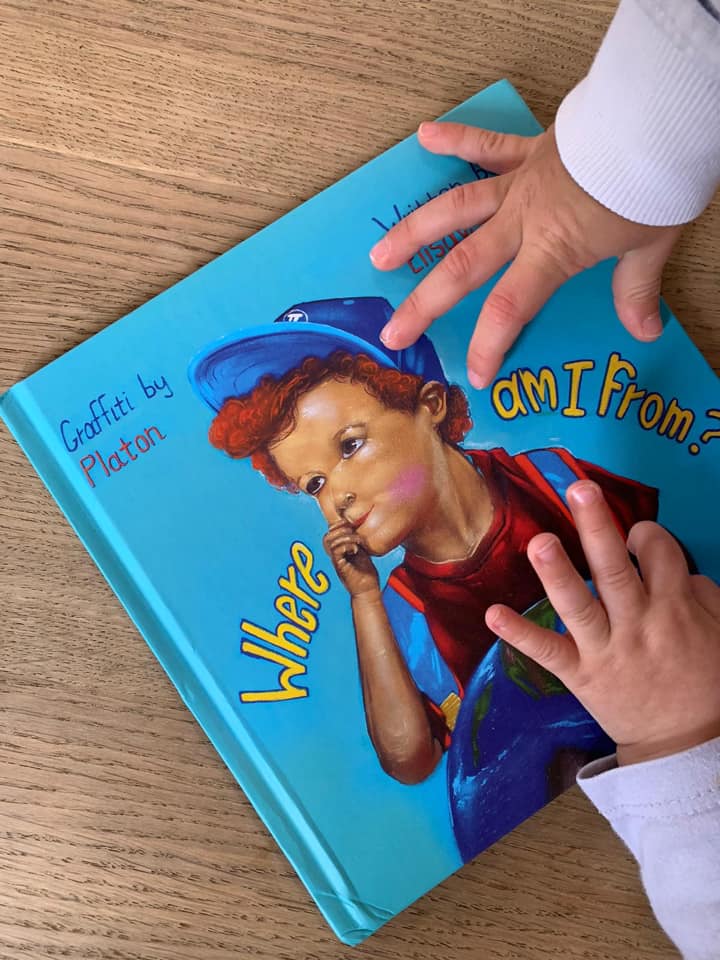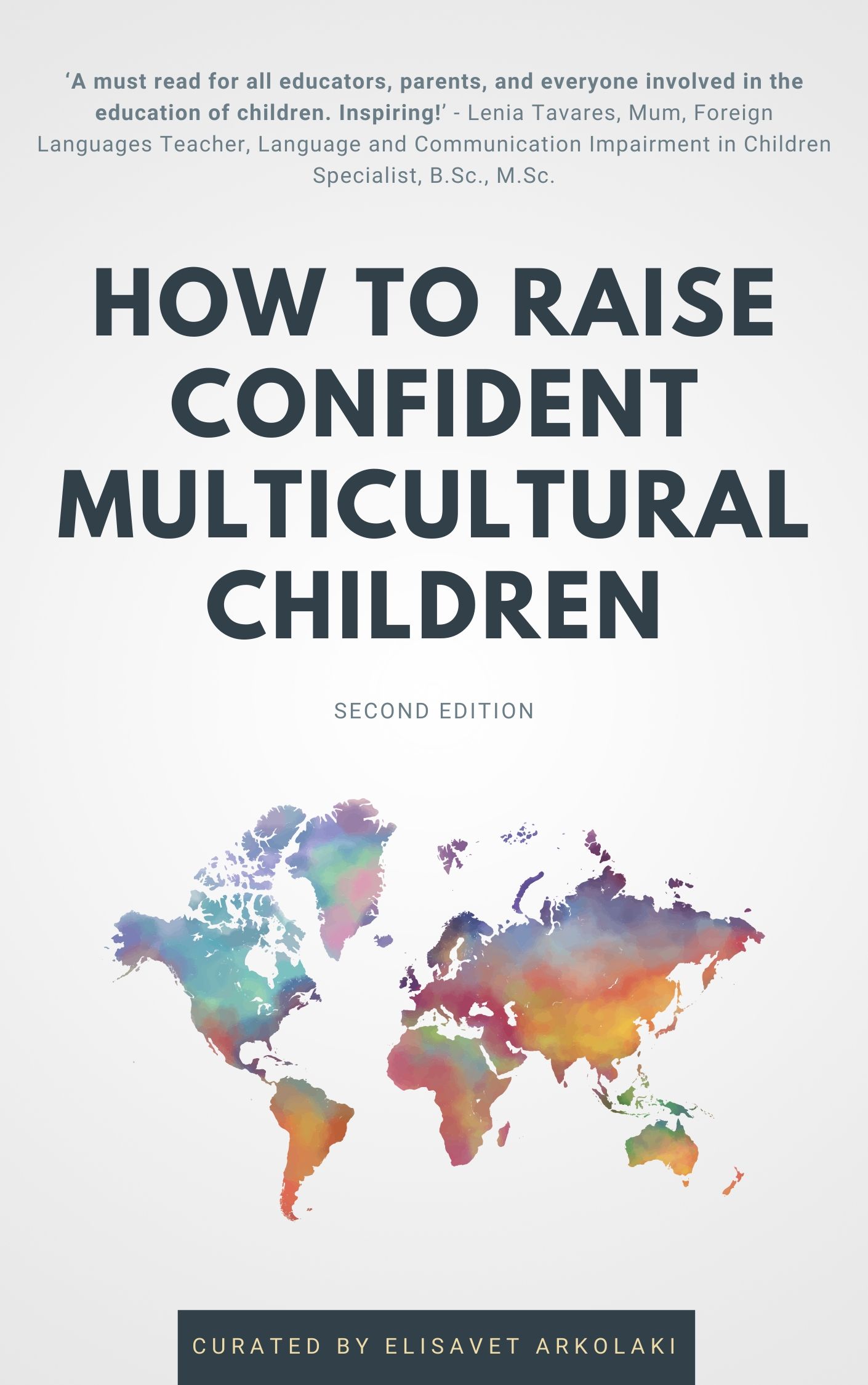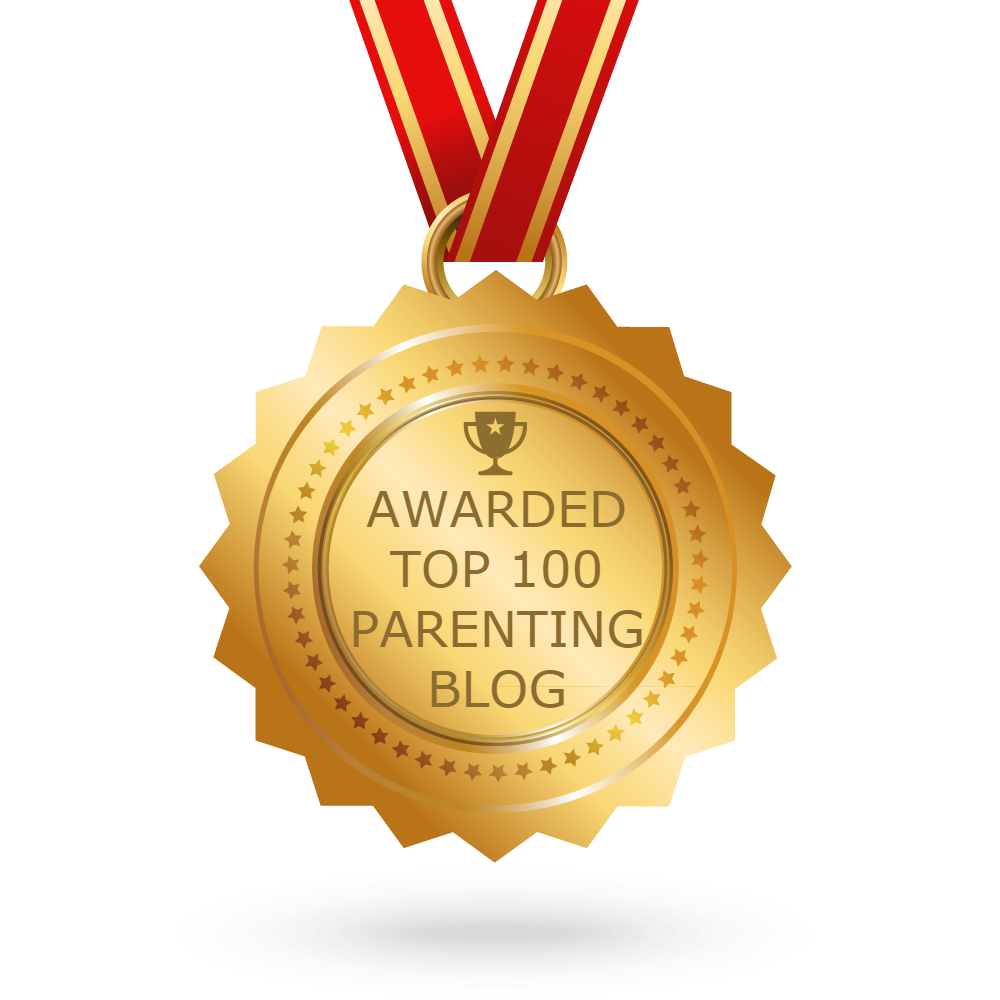Understanding the tantrum of a 2 year old and how to respond
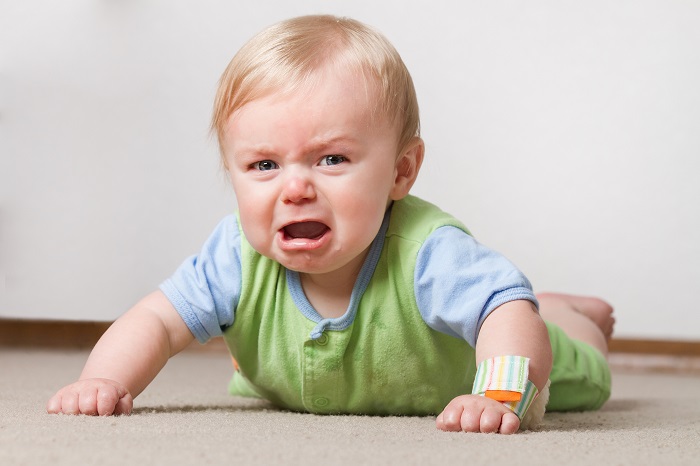
The following question of a parent and answer by Meghan Leahy was featured on Washington Post and I felt it was worth saving under the maltamum ‘Your Questions’ blog category.
Question: My almost-two-year-old is having some heavy-duty tantrums. Screaming and screeching, throwing things and more. What’s the best way to respond? I’d prefer not to ignore her, which seems cruel as she is so upset. She is not speaking at all yet, and I wonder whether that is part of her frustration.
Answer: Well, congratulations! It sounds as though you have a healthy and growing child on your hands.
I know, I know. You don’t feel like a winner, but being two is an intense ride, and you are definitely along for this one.
Many parents report two-year-olds as sunny and cooperative and loving and sweet. And then when it goes south, the parents report that it really goes south.
Heaving sobs, inconsolable, completely irrational, heartbreaking and incredibly frustrating, the two-year-old is a firestorm of the biggest emotions a human can feel, but she can’t handle them the way you can.
For instance, you go to a party for a good friend who is moving away. You feel happy to see her and happy for her new job, yet sad for your loss and loneliness. You feel both feelings at once.
This is called integration.
Your almost-two-year-old does not have a brain that can do this. She is either completely happy or completely sad, but cannot balance the two. And when the system becomes overwhelmed (which is easy when you have an immature brain and limited ways to express all of your feelings), it goes POP! A tantrum. All that energy in the two-year-old has to leave the body and mind; it’s too much for her to bear.
Again, this is normal and healthy child development, and very exhausting for the loving parents. A tantrum is not misbehaviour.
Common parenting advice will tell you to step over the tantruming child and go about your business. And everyone else will tell you she is in a stage and it will end. Both of these statements may be true and may work, yet without understanding your child’s mental abilities, you will be playing what I call “Parenting Whack-a-Mole.” The tantrum pops up, and you try to solve it with the latest strategy.
But that means it will just pop up again.
So let’s take a look at her young brain instead.
It’s normal for an almost-two-year-old to not have speech. What’s more important is that the child is communicating in other ways. Is she pointing at objects? Does she use one word (like dog, for instance) for all animals? Does she use two-word phrases or commands, like “go car!” or “me cry”? These are the precursors to speech. Above all, you should talk to your paediatrician if you have any doubts or worries about her speech. For more information about speech development, visit a reliable Web site such as www.healthychildren.org.
If the doctor has ruled out any neurological issues, food allergies or sensitivities, or any other explanations for the tantrums, we can assume her brain is normally wired for deep connection and attachment to the caregivers in her life.
This means that when she was born, everything depended on you showing up, staring into her beautiful eyes, kissing her toes, making faces, cuddling, feeding her and responding to her cries. A baby is born and his or her primary form of communication is crying.
Well, a two-year-old is not that far removed from that baby. But as independence starts to increase (walking, early speech, likes and dislikes, imitation of caregivers), the brain is also sending strong signals of “Whoa. You are little, dude. Slow down. Run back to Mum. You are not safe.”
As these messages are yanking around the two-year-old brain, the parents are feeling like their sweet baby has turned into a devil-child.
So what makes the tantrums worse?
The parents asking why the child is having a tantrum. The two-year-old is not going to turn to you and say, “Listen, Dad, the peas are kind of squishy, and I am sick of pooping in my pants. I am super-cranky right now.” Rather, the child’s brain is too immature to think about her own thoughts and emotions. She literally cannot tell you want she wants, because she doesn’t know.
Another thing that makes the tantrums worse is when the parent puts the child in timeout or aggressively walks away from the child. Now, absolutely, if you feel that you are going to hurt your child, yell or explode, walk away. Do whatever you need to do to calm down.
But if you can hang in there, keep proximity to the child. This means sit close, rub the back, murmur understanding expressions “I know, it’s hard … Mum is here.”
When we leave the two-year-old alone, her alarm increases. She becomes even more panicked and the tantrums increase in duration and intensity.
So, here is the simple-to-understand and harder-to-implement plan for the tantruming two-year-old:
1) Remember that her brain is immature. She is young and growing. This is normal.
2) Remember that asking why or trying to get to the bottom of the behaviour won’t work.
3) Remember that leaving her in an angry fashion will trigger her alarm and cause her to fight and tantrum more.
4) Remember to look for patterns (hunger, fatigue, transitions) and find ways to smooth those moments (carry food, don’t go to the birthday party when she needs a nap).
5) Remember that the goal is not to get her to stop crying: the goal is to make her feel safe.
6) Remember that you should get some outside help. Babysitters, friends, mother’s helpers, family – whatever works. Getting away from your two-year-old helps you, the parent, integrate your own brain!
Category: Your Questions










